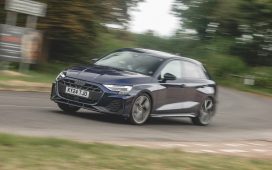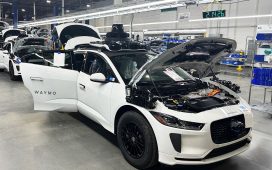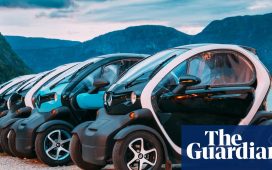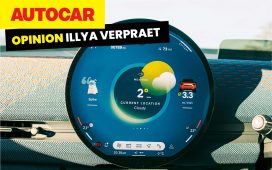Fiat has called on the government to boost incentives for British motorists to buy electric vehicles, after warning that growth in UK sales of the vehicles has tailed off after a key subsidy was scrapped last year.
Writing in an open letter to the government, the car manufacturer said other countries around the world were providing more support for the transition to electric vehicles and argued more action was required in Britain.
It comes a year after ministers scrapped the last remaining subsidies for electric cars, saying it would free up funds to expand the charging network and support other battery-powered vehicles.
However, car manufacturers warned this week of a gulf between the number of electric vehicles on the road and public charging points, with the shortfall more than doubling in some parts of the country in the past year.
Damien Dally, Fiat’s UK managing director, said urgent steps were required to incentivise consumers to buy electric cars, suggesting that government targets for electric vehicle sales were at risk.
“With the cost of living crisis and rising cost of electric vehicles, coupled with our net zero climate targets, we believe more needs to be done to incentivise individuals to be able to afford to make the switch,” he said in the letter.
The intervention comes as governments across advanced economies drive to increase electric vehicle sales and boost manufacturing capacity for new lower-carbon models to help meet environmental targets and spur economic growth.
In the UK, Stellantis, Fiat’s parent company, said last month that it would not be able to keep its commitment to make electric cars in the UK and might have to close factories unless changes were made to post-Brexit trading arrangements with the EU.
The company, which also owns the Vauxhall, Citroën and Peugeot marques, told a Commons inquiry into the supply of batteries for electric vehicles that the terms of the government’s Brexit deal meant its UK investments hung in the balance. Ford and Jaguar Land Rover also sounded the alarm on the tariffs.
Urging the government to return to the negotiating table, the three big global carmakers said the transition to electric vehicles would be knocked off course unless the UK and EU delayed stricter “rules of origin”, due to kick in next year, that could add tariffs on car exports.
Current post-Brexit rules require 40% of an electric vehicle’s parts by value to be sourced in the UK or EU if it is to be sold on the other side of the Channel without a 10% trade tariff.
This proportion is due to rise to 45% next year, and because most electric vehicle batteries are still imported from Asia, and batteries make up a large part of the cost of building a car, vehicles made in the UK and the EU are likely to fall foul of the rules.
However, Brussels has suggested the UK should join a pan-European agreement on goods trade, according the Financial Times. It cited unnamed EU officials who suggested the UK join the existing pact involving more than 20 EU, Middle Eastern and north African countries, known as the pan-Euro-Mediterranean convention.
after newsletter promotion
They suggested this could help because the deal allows goods assembled in one country from parts made in another signatory state to count as originating in the exporting country – thereby avoiding rules of origin tariffs and quotas.
Fiat is concerned that EV sales are not accelerating as quickly as it or other manufacturers expected. In its open letter to the government, it suggested ministers scrapping subsidies last year could have played a role.
“Last June, the UK government withdrew its grant – once worth up to £5,000 – for electric car buyers, and while there are many factors at play, it’s no coincidence that the market share of electric vehicles has since plateaued in the UK.
“In fact, some data suggests that demand for electric cars has fallen 65% year on year, at just the moment it needs to be accelerating.”
Its letter comes as the government offers the owner of Jaguar Land Rover £500m in subsidies in an effort to persuade the carmaker to build a new electric battery plant in the UK.
A Department for Transport spokesperson said: “We’ve invested more than £2bn into accelerating the transition to electric vehicles, and grants have been in place for over a decade to support the transition to zero emission vehicles – supporting more than 340,000 so far.”








